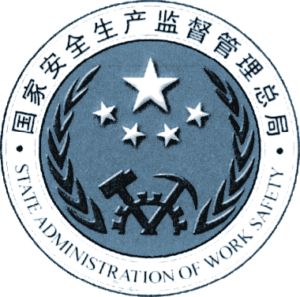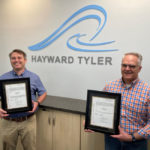Download this Case Study:
Engineering Evaluation Ensures Motor Functionality With Improved Environmental Glycol
Hayward Tyler designs and manufactures submersible motors, which use a motor fluid to provide cooling of the stator and lubrication to the fluid-film journal and thrust bearings. The type of motor fluid used—which must have the necessary properties to fulfill these requirements and ensure the reliability of the motor—range from water to di-electric oils.

In offshore environments, it’s important to ensure that this fluid will not jeopardise the marine environment in the unlikely event of a mechanical seal leak.
Hayward Tyler engineers evaluated various options to better comply with the Norwegian Harmonised Offshore Chemical Notification Format (HOCNF). This standard is generally seen as industry-leading in chemical classification for offshore systems. The system uses four-colour identifications to categorise chemicals used in offshore applications to classify the affect of emissions to the environment. The main areas of concern are biodegradation (how readily a chemical may be broken down be organisms), bioaccumulation (the degree a chemical may be absorbed by marine life), and marine toxicity (the level of harmful impact it may have on organisms).
During the review of suitable environmentally-friendly options, a rigorous review of fluid to internal material compatibility was performed. This included reviewing winding cable insulation, cable tie-backs, and jointing materials. Other testing included Refractive Index Testing, Dynamic Viscosity testing, and Lifecycle Testing.
Hayward Tyler successfully qualified a fluid for internal use, allowing our motors to be considered the most environmentally-friendly option available. Hayward Tyler offers upgrade solutions to their own and other OEM motors to make a positive impact on the ocean ecosystem.
Project Summary
SITE/LOCATION:
- Worldwide
SCOPE OF WORK:
- Identify environmentally-friendly glycol
ASSESS:
- Fluid/material compatibility
- Refractive index testing
- Dynamic viscosity testing
- Lifecycle testing
Categories: Case Studies











